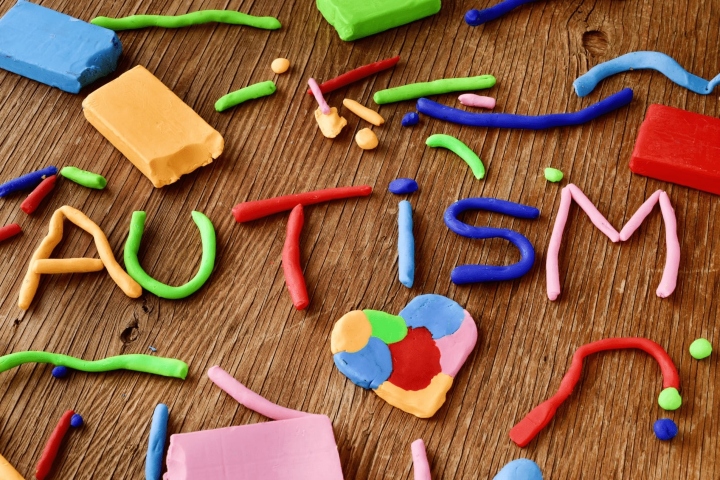A Kenyan journalist who asked to remain anonymous describes how he witnessed a youngster with mild autism make a full recovery.
Circumstances drew me to health reporting. When I became seriously ill at the age of 24, I worried that I might die.
I managed to live, though, and I later made the decision to deploy my interest in health journalism to tell unusual stories to the world.
The story that follows is about a young boy whose mild autism-related recovery I witnessed.
I had gone to visit my dad at his workplace in town when I met with the company’s accountant.
My father was a likeable fellow, and so many of his colleagues were looking forward to meeting his family.
So when I identified myself to the woman as a journalist, something struck her. The accountant revealed to me that she had an autistic child.
She also described the school her 10-year-old son attended, which catered to students with autism.
She was a happy woman and asked me to go see them so I could tell the world what it’s like to care for a child with mild autism.
“That’s okay,” I said. Most of the time, when someone asks a journalist to cover news not in their daily plan, they simply assent and then continue with the day’s business.
That ought to have been the case with my dad’s coworker, but I discovered that I was unable to ignore the story.
I debated the idea that night, and the next day I instructed the accountant (Mama Hemed; not her real name) to coordinate an appropriate date with the institution’s owner and other parents.
I visited the school when the date was decided and was perplexed by how little people in society understood about autism.
The instructors and caregivers at the school were gracious. The parents shared their stories freely as well.
To continue reading this article
Only KSh 50 per month
Cancel or pause anytime.


















